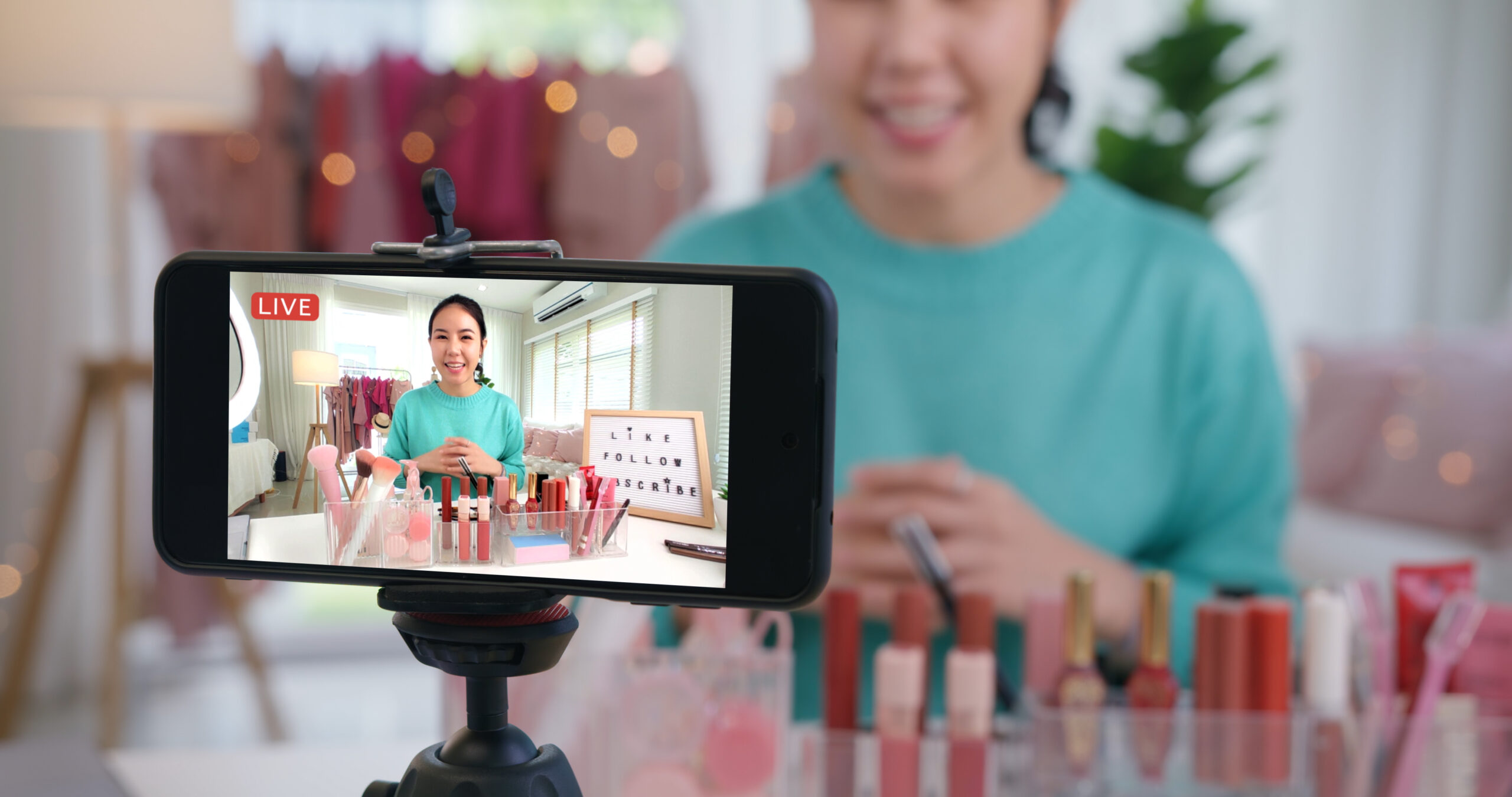Why is Instagram Removing Likes?
Instagram is a unique place. It can bring us together in great ways, but as it has evolved over the last nine years (Instagram will celebrate its 10th anniversary in October 2020), it has turned into a comparison trap. Everyone posts carefully crafted images that show only the best of their lives. Whether intentional or unintentional, the messy, the inconvenient, the dirty (and if we’re being honest – the real) gets left out. Our perceptions of what other people’s lives are like are skewed because we only see what they show us.
That skewed perception leads to dissatisfaction. When that’s combined with more screen time and less social interaction, it results in the upcoming generation showing a 55 to 70% increase in mental health issues like anxiety and depression. A 2017 report even singled out Instagram as the worst platform for mental health.
Whether Instagram has gained a conscience or is just trying to avoid another influx of potential lawsuits like the ones it undertook from the seemingly endless influencer marketing fiascos, or if it’s a twist and ploy to push more people into paid ads is anybody’s guess, but they are making a transition away from “likes”. Here’s what the Instagram account said on Twitter about the change:
“We want your friends to focus on the photos and videos you share, not how many likes they get. You can still see your own likes by tapping on the list of people who’ve liked it, but your friends will not be able to see how many likes your post has received.”
So, rather than it being a popularity contest, the success of posts will be (hopefully) driven by high-quality, engaging content.
How Will This Affect Individual Users on Instagram?
This won’t drastically affect individual users on Instagram. You’ll still be able to see how many likes your posts get. You’ll get to see if any of your friends like posts in your feed. You just won’t get to see how many other people (non-followers) like posts in your feed.
What’s in a “Like”?
As we consider how these changes will affect users, it’s easy to come back to the question – Why do you like any given post? Is it the photo? Is it the caption? Is it the user that you follow that you have a connection with? Is it the fact that 100k other users have liked that photo? There could be some viral pressure coming into play when it comes to the success of influencers. This change will remove that and force the success to depend on other factors.
How Will This Affect Brands?
Similar to individual users, Brands will still be able to see how many likes each of their posts get on their end. However, the total number of likes their posts get won’t be available for their audience to see, which takes us back to the “why do you like any given post?” issue. If your post resonates well, then it will do well. If it offers value, then it will do well. It won’t go viral for the sake of being viral though.
Brands who utilize influencers will also not be able to see at a glance how well that user’s posts do. The influencer could provide the numbers, but it would be easy to fudge those. There’s the suspicion that rather than this being a moral revolution for Instagram, it’s a setup for Instagram itself to step in and facilitate (for a fee) finding a niche micro-influencer with high engagement to help you promote your brand. This remains to be seen.
How Will This Affect Influencers?
Influencers probably have the most to lose in this deal. Influencers will have to refocus their content to be more specific, targeted, and engaging. Rather than having an enormous generic following, it will be more beneficial for them to identify a lifestyle or audience segment they fit with (travel enthusiast, health & wellness, gym rats, fashionistas, moms, etc) and work on growing that niche audience and influence. Influencers will also have to prepare materials and proof of success for Brands since it won’t be clear. Influencers should (the operative word here) also focus on driving conversations and true influence rather than getting caught up on the number of likes any single photo or post gets.
Whether it’s going back to its roots, taking steps to protect younger generations from the comparison trap, protecting itself from lawsuits, or just trying to create a middle-man position for itself between influencers and brands to get an extra cut, Instagram taking away like counts is certain to make some waves as it rolls the change out across the US.



